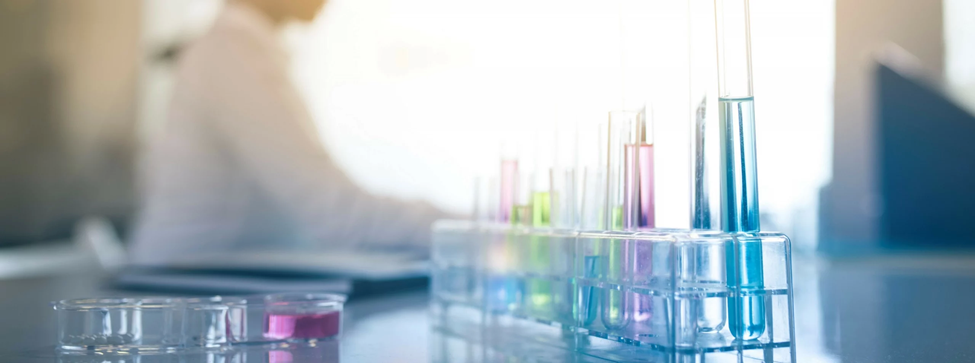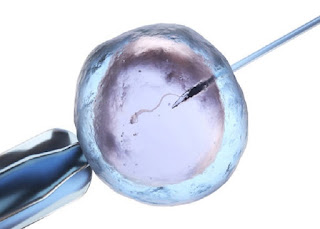Navigating Fertility Treatment Options: A Comprehensive Guide

Introduction: Embarking on the journey to parenthood is an exciting yet sometimes challenging experience. For individuals and couples facing fertility issues, navigating the multitude of treatment options available can feel overwhelming. At the Center for Reproductive Endocrinology, a leading fertility clinic in Dallas , we understand the complexities of fertility care and are dedicated to providing comprehensive guidance and support to help you make informed decisions on your path to parenthood. Understanding Your Options: When it comes to fertility treatment, no one-size-fits-all approach exists. Every individual or couple may have unique circumstances, medical histories, and preferences. That's why our team of experienced reproductive endocrinologists takes a personalized approach to care, tailoring treatment plans to meet each patient's specific needs. 1. Initial Consultation: The journey begins with an initial co...





